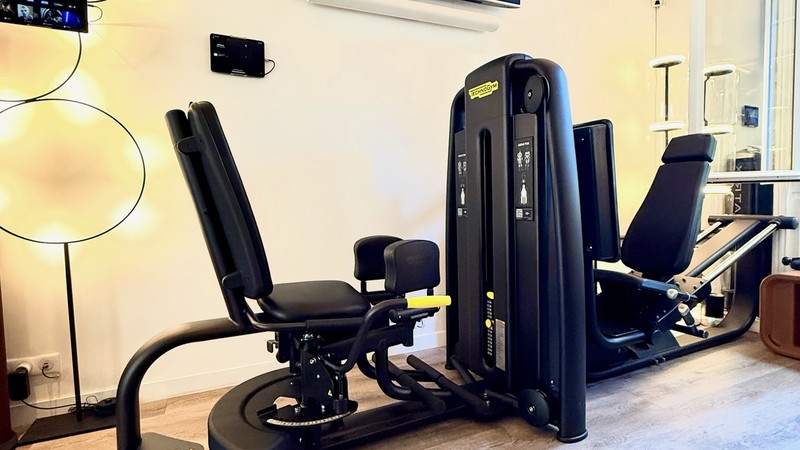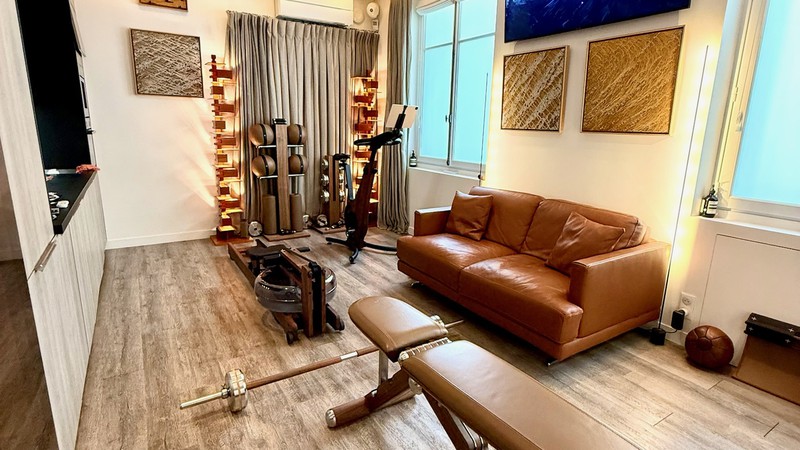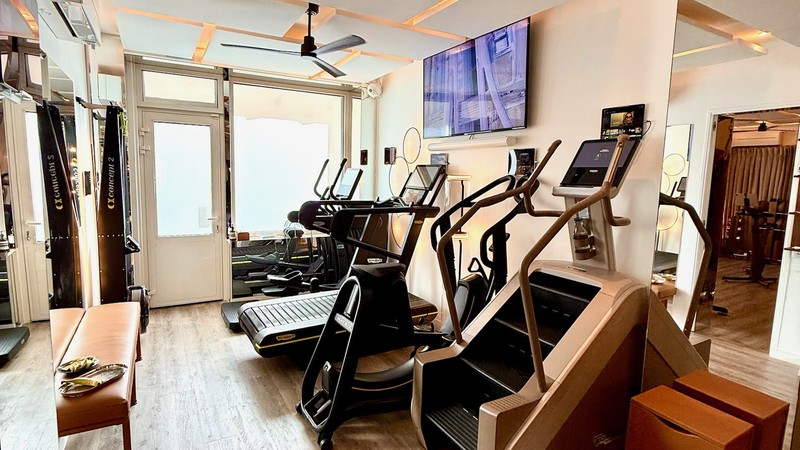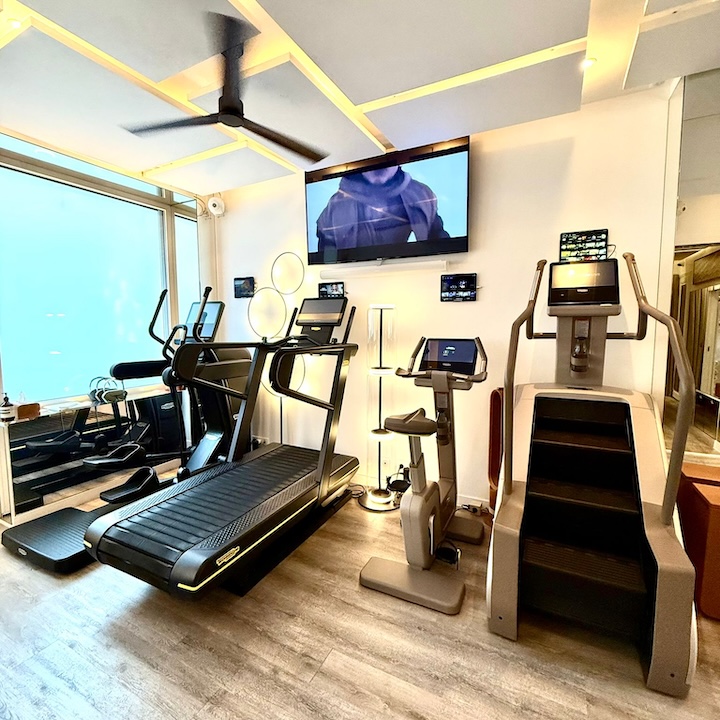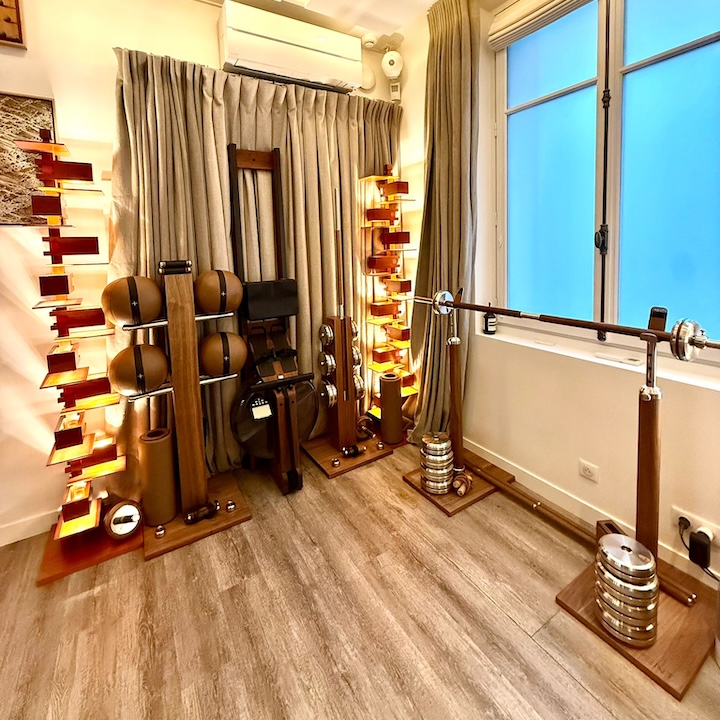Why Your Form Matters More Than Your Load
In any gym, it’s easy to be impressed by the numbers — the weight on the bar, the size of the dumbbells, the number of plates on a sled. But in my years as a personal trainer in Paris, I’ve come to one clear conclusion: how you lift matters far more than how much you lift.
Perfecting your form isn’t just a technical obsession. It’s a mindset. A statement that you’re training not just to lift — but to last.

1. Strength without control is risk, not performance
When your technique breaks down under load, your risk of injury increases. The body starts compensating. Your joints take the load your muscles can’t manage. And progress becomes unsustainable.
On the contrary, clean, precise, intentional form distributes effort efficiently, engages the right muscles, and protects your structure.
A well-executed squat at 60 kg does far more for your body than a shaky 90 kg done with collapsed knees and a curved back.
2. Form builds real strength — not just numbers
When you train with correct form, you reduce momentum, increase time under tension, and learn to control both concentric and eccentric phases of movement. This doesn’t just look better — it makes you stronger.
That kind of strength isn’t cosmetic. It’s functional. It translates to better posture, stronger joints, and more power in daily life.
And it endures.

3. Proper technique is a long-term investment
Many clients come to me after months (or years) of self-training. Often, they’ve plateaued or developed pain.
Why? Because poor form — even if it “works” for a while — always shows its cost eventually.
Relearning a movement pattern with proper form is harder at first. You lift lighter. You go slower. But the reward is immense:
- Renewed progress
- Reduced fatigue
- Confidence under load
- A body that works with you, not against you

4. Why a coach changes everything
Training alone, it’s hard to assess your own technique. We get used to our patterns. We stop noticing subtle misalignments, asymmetries, compensations.
With a coach — especially in a private setting like Louis Fabre Coaching in Paris — you have an expert eye with you at every rep.
I correct what you don’t feel. I slow you down when your ego speeds up. I help you build strength that lasts, not just numbers for your logbook.
5. Train with purpose, not just intensity
There’s nothing wrong with lifting heavy. In fact, I encourage it — when it’s earned. But intensity without intention is noise.
What we want is signal: a body that moves well, adapts well, and performs with precision.
That begins with a simple principle:
Respect the form — the load will follow.



